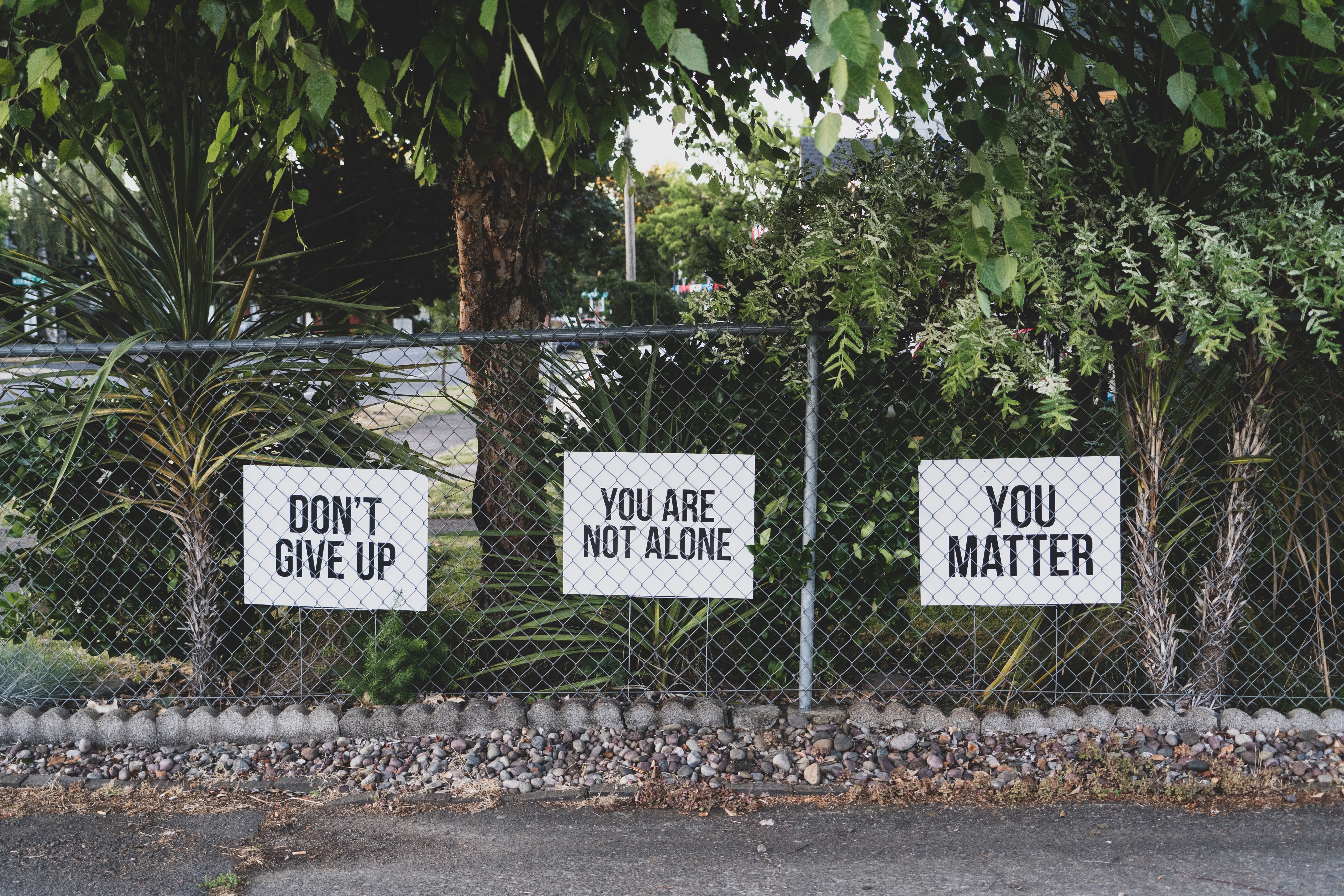
Drug and alcohol rehabilitation has come a long way in the past decade. Traditional treatment methods often involve group therapy, one-on-one counseling, and medication to support recovery. However, the landscape of addiction treatment is changing. Innovative technologies, particularly virtual reality (VR), are being used to enhance existing therapies and provide novel approaches to rehabilitation. This article explores the exciting potential of virtual reality in drug and alcohol rehabilitation, with a focus on novel and groundbreaking applications.
Immersive Therapy Environments
Virtual reality provides a unique environment for therapy. Through immersive, realistic simulations, patients can confront personal fears and triggers associated with their addiction in a safe and controlled manner. This exposure therapy, paired with traditional counseling, can better equip individuals for real-world situations, reduce cravings and prevent relapse.
Stress Reduction and Meditation
Mindfulness and stress reduction are essential for long-term recovery from addiction. Virtual reality offers a whole new world of possibilities for relaxation and meditation. With calming, immersive environments and guided meditation sessions, patients can learn essential stress management techniques and practice mindfulness more effectively than in traditional settings. These stress reduction techniques can help individuals remain calm, focused, and better equipped to cope with life’s challenges.
Creating Empathy and Compassion
Another critical aspect of rehabilitation is helping patients develop empathy and compassion for themselves and others. Virtual reality is uniquely positioned to give individuals a new understanding through immersive experiences. By simulating the perspectives and experiences of those affected by addiction, individuals can gain insight into the emotional and psychological impact of their actions. These profound experiences may help them cultivate empathy and compassion, which can assist in preventing relapse and building healthier relationships.
Cognitive Behavioral Therapy (CBT) Enhancement
Virtual reality can enhance traditional cognitive behavioral therapy methods, allowing therapists to observe patients in simulated environments and providing valuable insights into their thought processes, behaviors, and reactions. VR helps therapists to create personalized interventions, as they can more readily identify patients’ triggers, challenges, and cognitive distortions. This customized approach to therapy can lead to more effective recovery outcomes.
Reducing Cravings with Cue Reactivity Training
Cravings and urges are part and parcel of addiction recovery, and managing them is critical for long-term success. VR’s immersive simulations can aid in cue reactivity training, helping patients expose themselves to addiction-related triggers in a controlled environment. As patients navigate these situations, they are guided to utilize coping strategies, helping them develop the skills necessary to handle cravings and deal with triggers in real life.
Measuring Therapy Outcomes
Virtual reality also provides an opportunity to better measure and quantify therapy outcomes. Virtual environments allow for the monitoring of patients’ physiological responses, such as heart rate and stress levels. This data can be used to assess the efficacy of various therapy approaches, ultimately contributing to more personalized and efficient treatment plans.
Social Skills Training and Support
Developing and maintaining positive social connections is essential for sustained recovery. Virtual reality can facilitate social skills training by providing simulated social situations in a controlled environment, allowing patients to practice healthy communication, problem-solving, and conflict resolution skills. Additionally, VR can connect individuals to support groups and networks, enabling them to build a supportive community, vital for sustained sobriety.
Family Involvement and Education
Family involvement in the recovery process plays a significant role in successful rehabilitation. Virtual reality can help educate family members about addiction and recovery through immersive experiences and simulations, enabling them to understand and empathize with their loved one’s struggles better. Additionally, VR can provide a platform for family therapy sessions, fostering open communication and healing within the familial unit.
Local Rehabilitation Services
While virtual reality technology is revolutionizing rehabilitation, in-person services like counseling and group therapy continue to serve as the foundation of effective addiction treatment. In various locations, some specialized facilities offer comprehensive rehabilitation services, such as DUI services in Arizona. These services, combined with cutting-edge technology, can provide the necessary support for people looking to recover from addiction and achieve lasting sobriety.
Personalized Avatars for Self-Reflection
Virtual reality enables patients to create personalized avatars, allowing them to interact with their virtual selves in therapy sessions. This unique approach to self-reflection can help individuals gain a clearer understanding of their addictive behaviors and thought patterns. By observing their avatars in simulated environments, they can identify areas for growth, confront self-destructive tendencies, and work towards positive change.
Final Thoughts
Virtual reality carries the potential to revolutionize drug and alcohol rehabilitation across a wide range of applications, from exposure therapy to stress reduction and meditation. As VR technology becomes more accessible, its impact on addiction treatment will only continue to grow. The integration of VR into rehabilitation programs holds great promise for improving outcomes and providing patients with the vital tools they need for lasting sobriety.